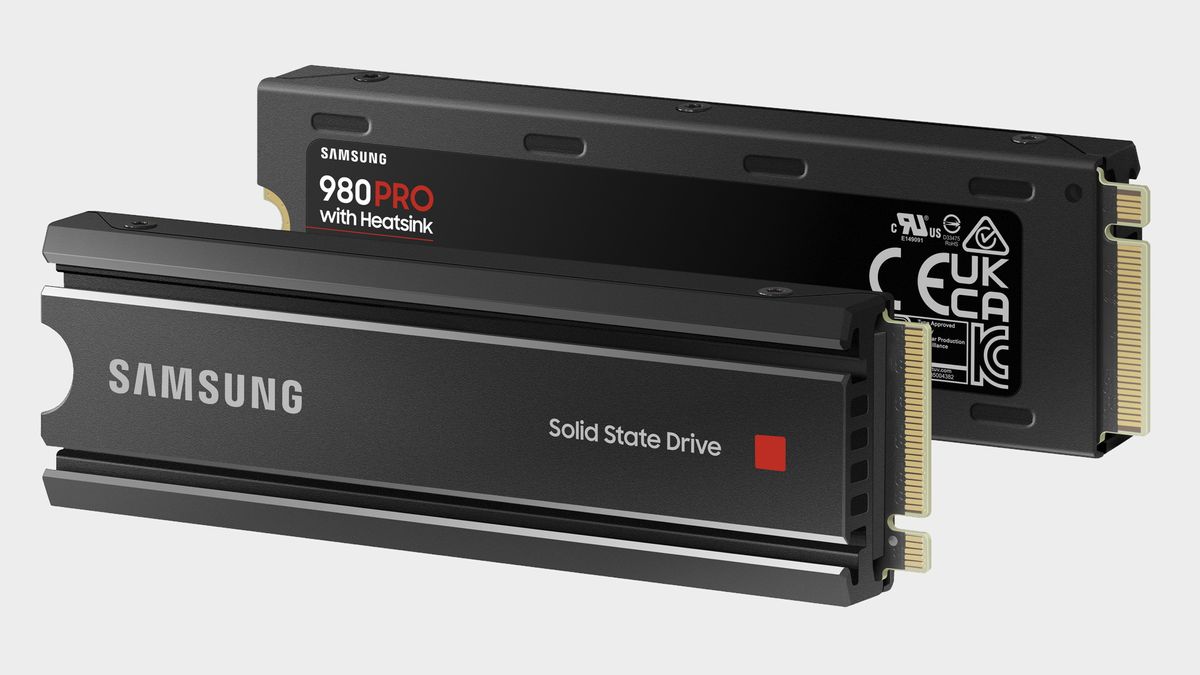@james-bond, thank you for your comprehensive explanation about the "misfortunes" that you have actually encountered using SSD's, of diverse manufacturers, in your particular environment.
Over the years of extensively and exclusively using SSD's, I can confirm that I have never ever had a SSD fail on me with the particular brand that I have opted to use in my environment.
There are however certain environmental conditions, that I feel compelled, must exit before one can hope to achieve a desirable stability and operational reliability when using SSDs.
1. Ambient temperature:
With every 10 °C drop in operational temperature of electronic equipment, the MTB (mean time between failure)
is doubled. To achieve this, and ultimately benefit from it, one must ensure that ones equipment runs as cool as
possible, therefore one must never compromise on cooling and the costs associated with it. I use liquid cooling
throughout, with temperatures being monitored, and alerts generated, if and when needed, on a continuous
basis. Presently, the rig I am writing this on runs at 36 °C. whereas the outside temperature is considerably
higher, here in the desert where I happen to live. By the way, when I run my favourite flight simulateor full blast,
with all performance settings maxed out and achieving framerates of 30+, none of the many monitored
temperatures sensors have as yet ever indicated temperatures in excess of 75 °C.
2. Usage control, especially in a multi-boot environment:
To me it has always been important to use electronic equipment on an "if and when required basis" only, in other words "on demand", but not merely as an energy cost saving measure, resulting from such "modus operandi".
This on demand feature seems particularly important in a multi-boot environment where, as is the case with
operating systems and storage medium, installed in all my setups, with each having been assigned it's own SSD.
Why should the SSD of an operating system or even a storage device be active "mounted" when not required for
the task at hand ?. Rather activate these kind of devices on demand only. I specifically control the "on demand"
feature automatically via a "Control Centre" which I have especially written for this purpose, thereby obviating
the need to accomplish this manually via the built in macOS "diskutil" utility/program. Another, maybe not so
obvious side effect of adopting an on demand method of operation is a definite increase in the "snappiness" of
the task one is actually currently involved with. I will however leave this one to the imagination of the readers to
figure out why observed performance increases actually result when deploying an on demand "modus operandi"
of whatever nature and as advocated by me.
3. Hybernation when going to sleepi:
This is indeed taxing HDDs, to say the least, but will also reduce the longevity of regular SSD storage medium
considering the huge amount of data "gigabytes" that is being saved each time macOS is going to sleep. In
my environment I make absolutely certain that a "sleepimage" is never written to /var/temp but rather
redirected to a /dev/null bitbucket instead.
To finalize I suggest that any user, wishing to extensibly deploy SSDs in his particular environment takes cognizance of the foregoing technical considerations and ensures that his SSDs are indeed deployed in the most SSD friendly environment that he can afford.
As a retired profesional I have based my foregoing recommendations on my own extensive educational background and experience, having indeed devoted all my working life in an R&D environment of a multi-national company, with a vast international presence, with particular emphasis on electronics and telecommunications.
My 2 cents on this topic.
Greetings Henties



/cdn.vox-cdn.com/uploads/chorus_asset/file/24415243/MZ_V9P2T0B_AM_004_L_Perspective_Black_Gallery_1600x1200.jpg.jpeg)